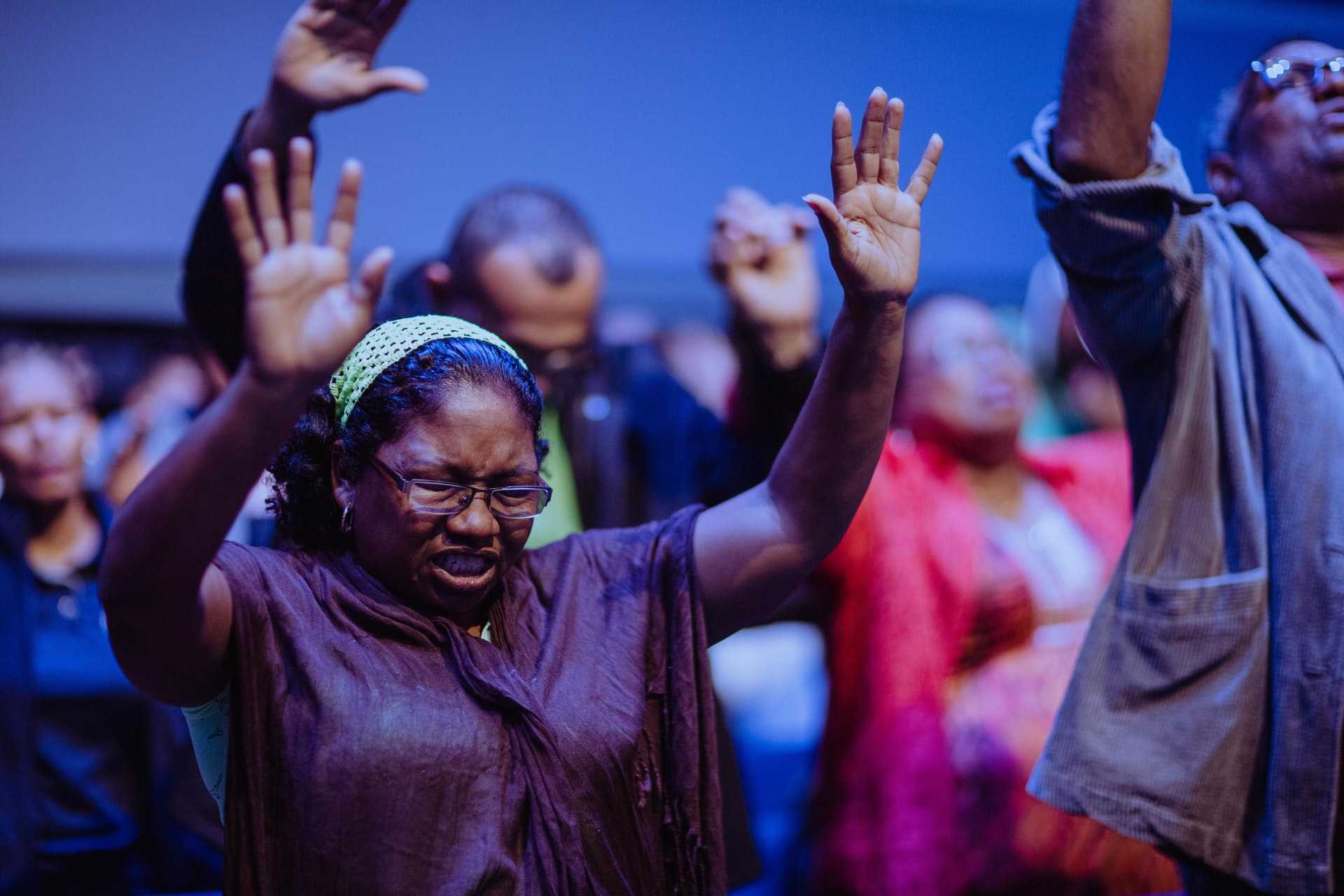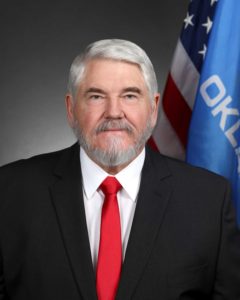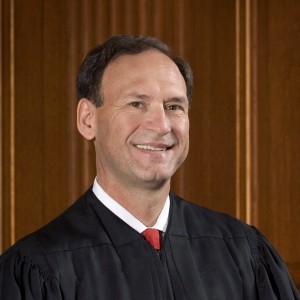
OKLAHOMA CITY, Okla. — A Republican senator in Oklahoma has introduced a bill that would amend the state Religious Freedom Restoration Act (RFRA) to add a provision ensuring that churches cannot be closed or classified as “nonessential.”
“The closure of a religious institution or the declaration of a religious institution as nonessential by a governmental entity … shall be deemed a substantial burden on the free exercise of religion that is not the least restrictive means of furthering a compelling governmental interest,” Senate Bill 216, filed by Sen. George Burns, R-Pollard, reads.
“A government entity shall not restrict access to religious facilities or gatherings as long as such institutions are not engaged in illegal activities,” it declares.
Burns told local television station KOKH that he proposed the bill in light of the regulations and restrictions on church gatherings during the 2020 COVID pandemic.

“Many churches across the nation were forced to close their doors due to government overreach during the COVID-19 pandemic,” he outlined. “Fortunately, my church carried on in a safe manner.”
Burns noted that enacting safety measures is indeed important, but there must not be inordinate action against churches when clearly non-essential venues are permitted to operate.
“During a health emergency, it’s absolutely important to take precautions and do all we can to ensure we keep ourselves and others safe, but it’s ridiculous to think that the government could close churches by labeling them as ‘non-essential,’ while other businesses, such as casinos, may remain open,” he stated. “This is a direct attack on our freedom of religion.”
The outlet advises that while churches in Oklahoma were not expressly ordered to close, regulations limiting gatherings to 10 people had the same effect.
If passed, the law protecting church gatherings would become effective on Nov. 1, according to Burns’ legislation.

As previously reported, in presenting a virtual keynote speech to the Federalist Society’s annual National Lawyer’s Convention in November, U.S. Supreme Court Justice Samuel Alito similarly expressed concern regarding uneven COVID regulations that place greater restrictions on houses of worship than on secular facilities.
He honed in on the State of Nevada, which had initially closed casinos but later opened them up to 50% capacity — including those that are of significant expanse and would thus hold sizeable crowds — while churches were limited to a 50 person cap, no matter their size.
“So, if you go to Nevada, you can gamble, drink, and attend all sorts of shows, but here’s what you can’t do: If you want to worship, and you’re the 51st person in line, sorry; you are out of luck,” Alito noted. “The size of the building doesn’t matter, nor does it matter if you wear a mask or stay six feet away from everybody else. And it doesn’t matter if the building is carefully sanitized before or after a service.”
“The State’s message is this: Forget about worship and head for the slot machines or maybe a Cirque du Soliel show,” he illustrated.
Most churches that challenged indoor COVID regulations this past year had safety plans/policies in place that included social distancing, the spacing out of seats or the roping off of every other pew, the provision of hand sanitizer, the wearing of masks, the posting of signage, asking the sick to stay home, and the cleaning of the facility after each service.
While the location of the meeting is not imperative to Christians, believers note that the Bible does teach that the Body of Christ is to meet together physically — even more so as the world becomes darker with sin — exhorting in Hebrews 10:25, “Not forsaking the assembling of ourselves together, as the manner of some is, but exhorting one another — and so much the more as ye see the day approaching.”
Read Burns’ bill in full here.
Become a Christian News Network Supporter...


